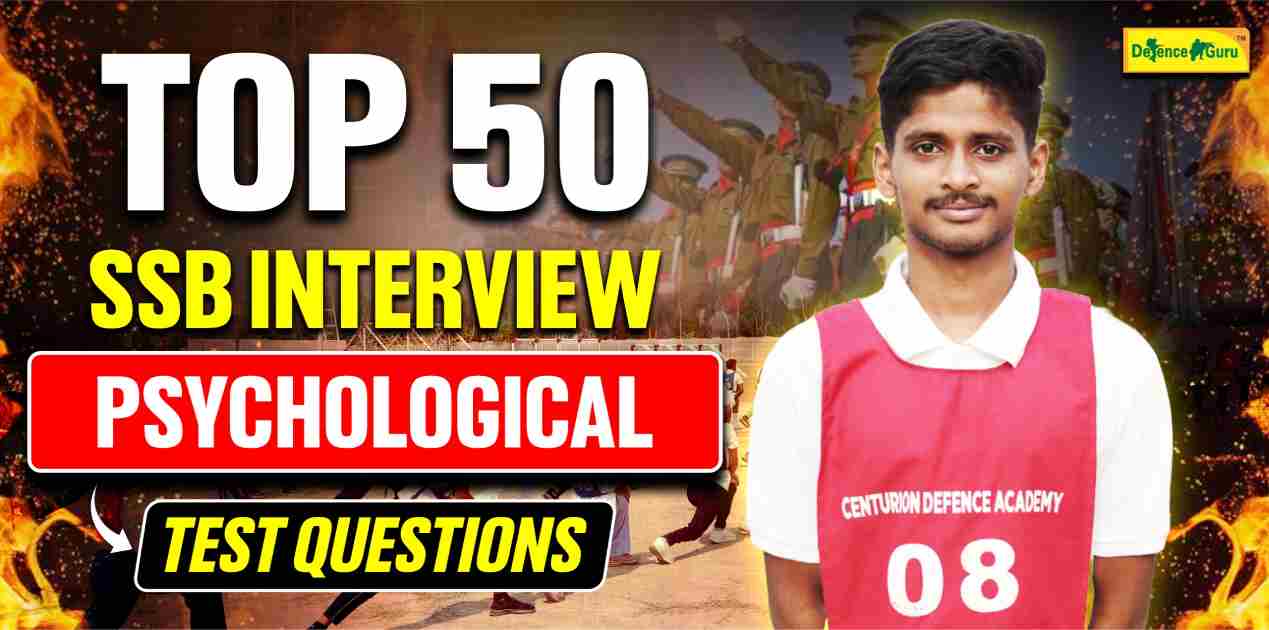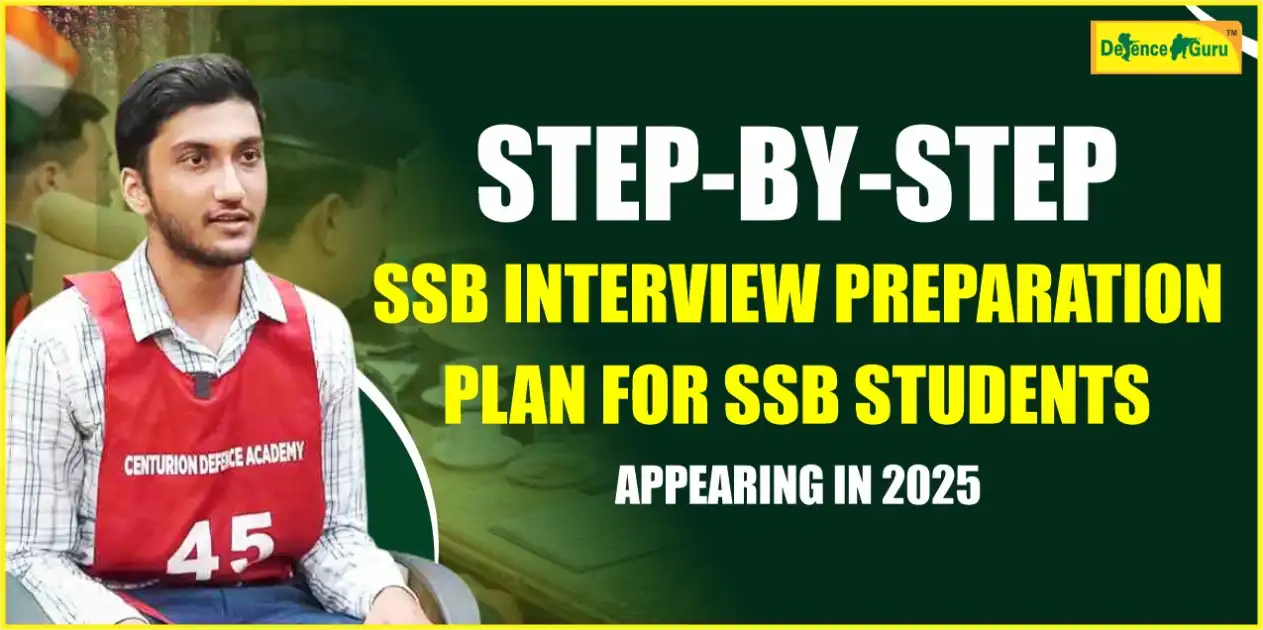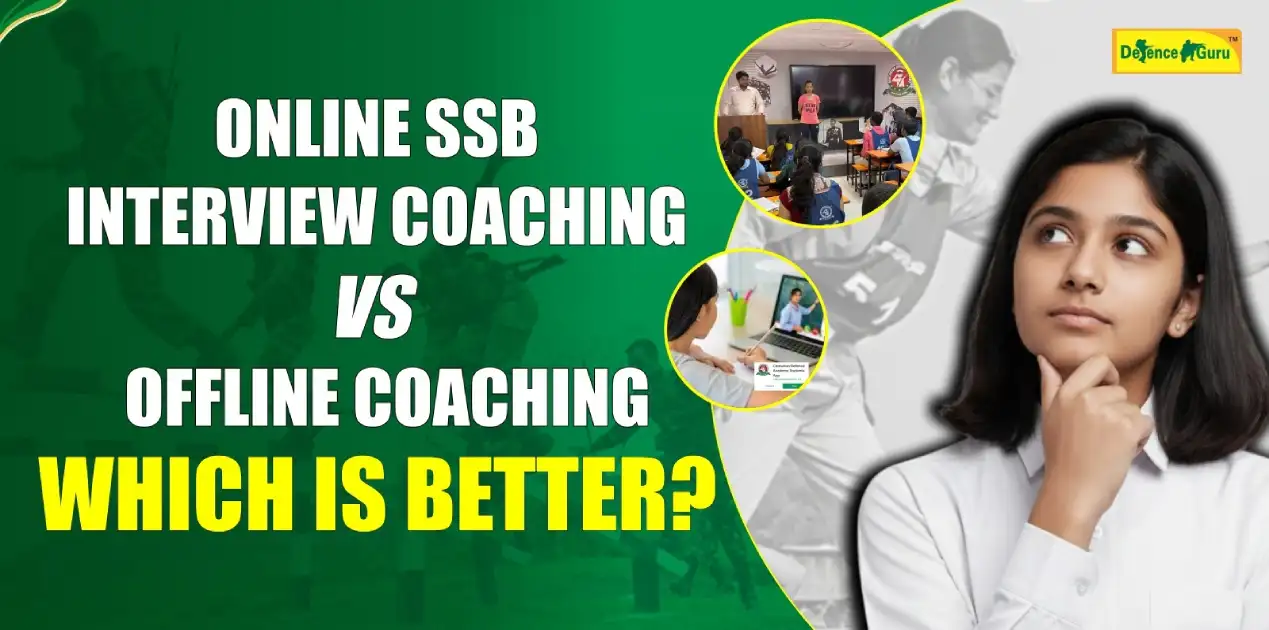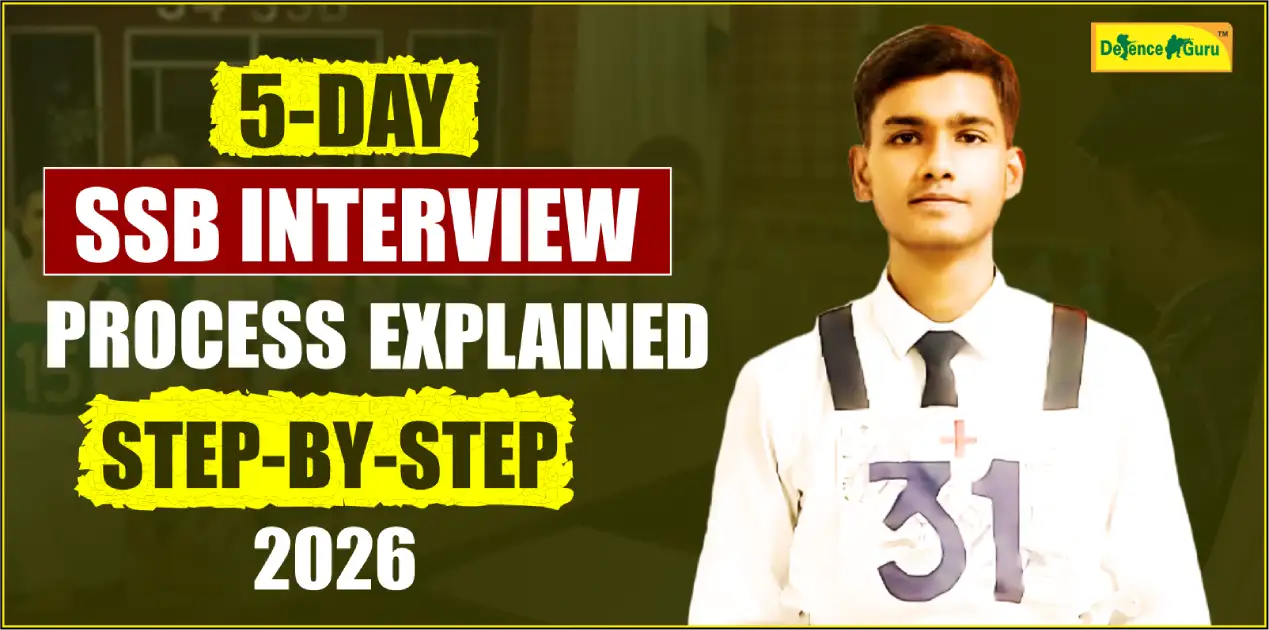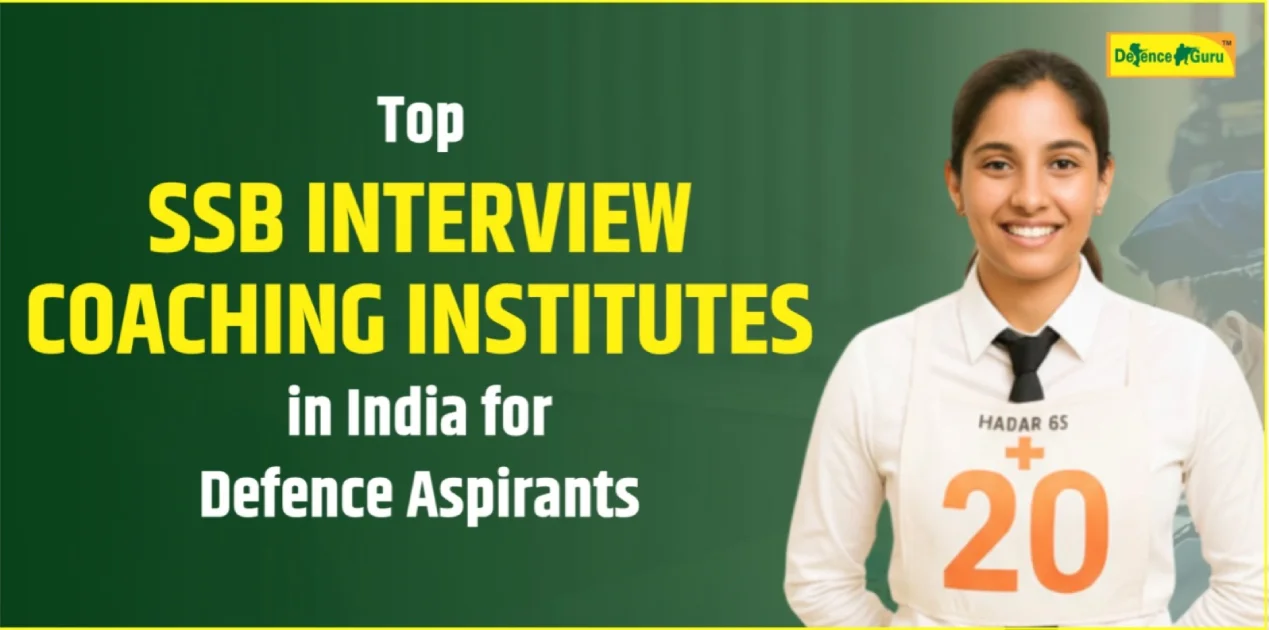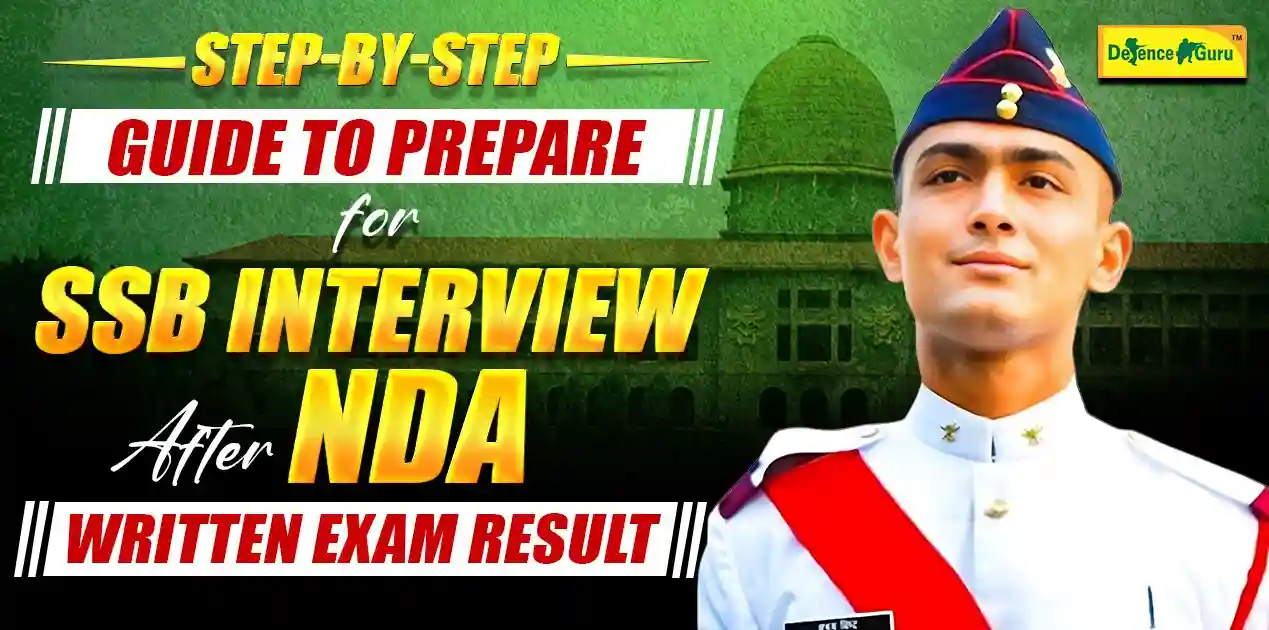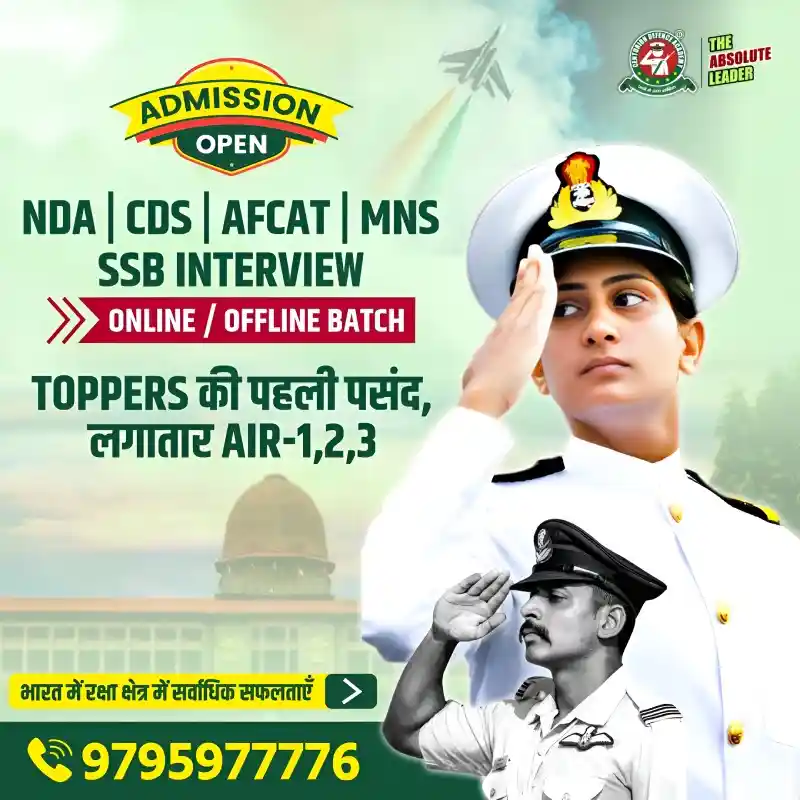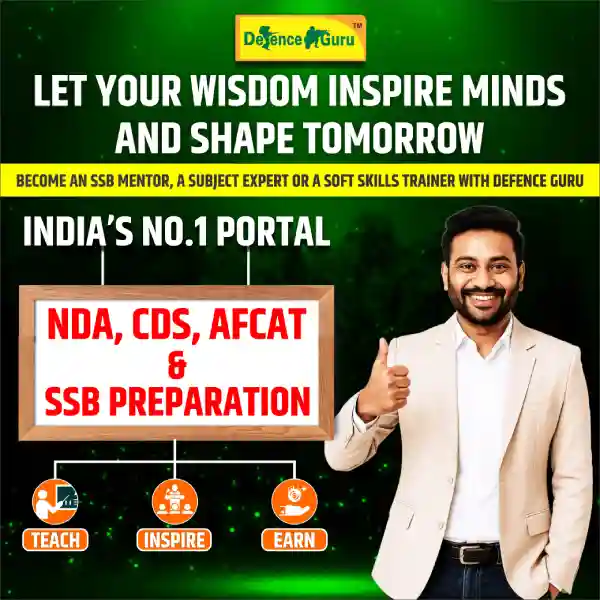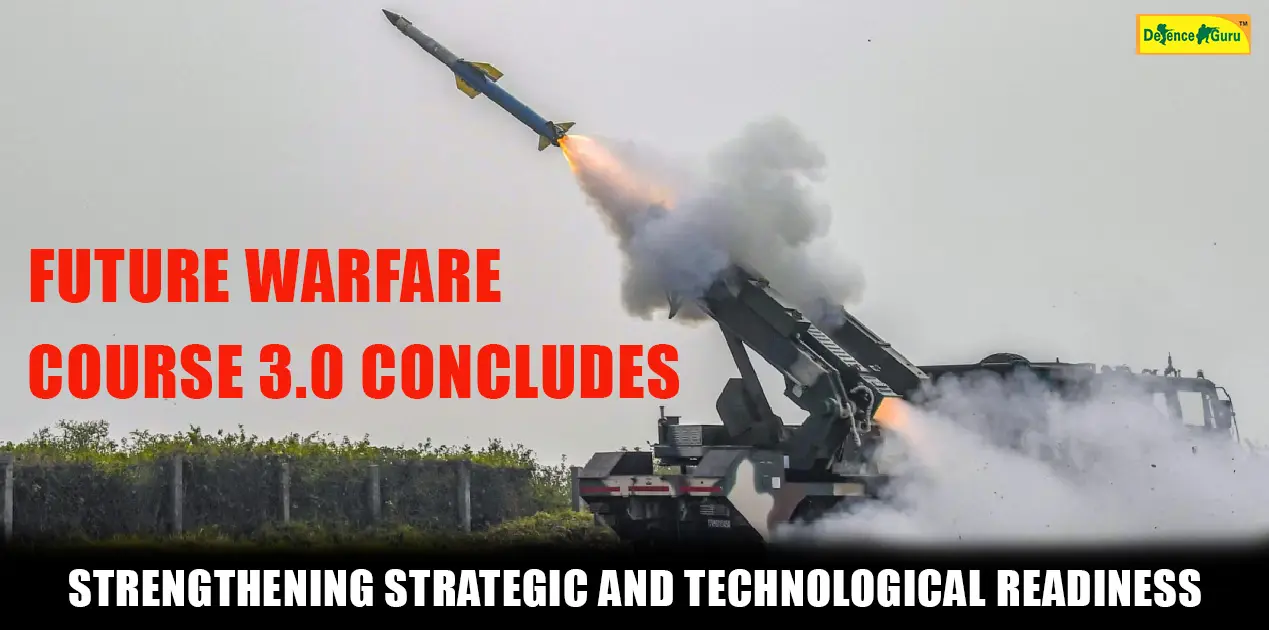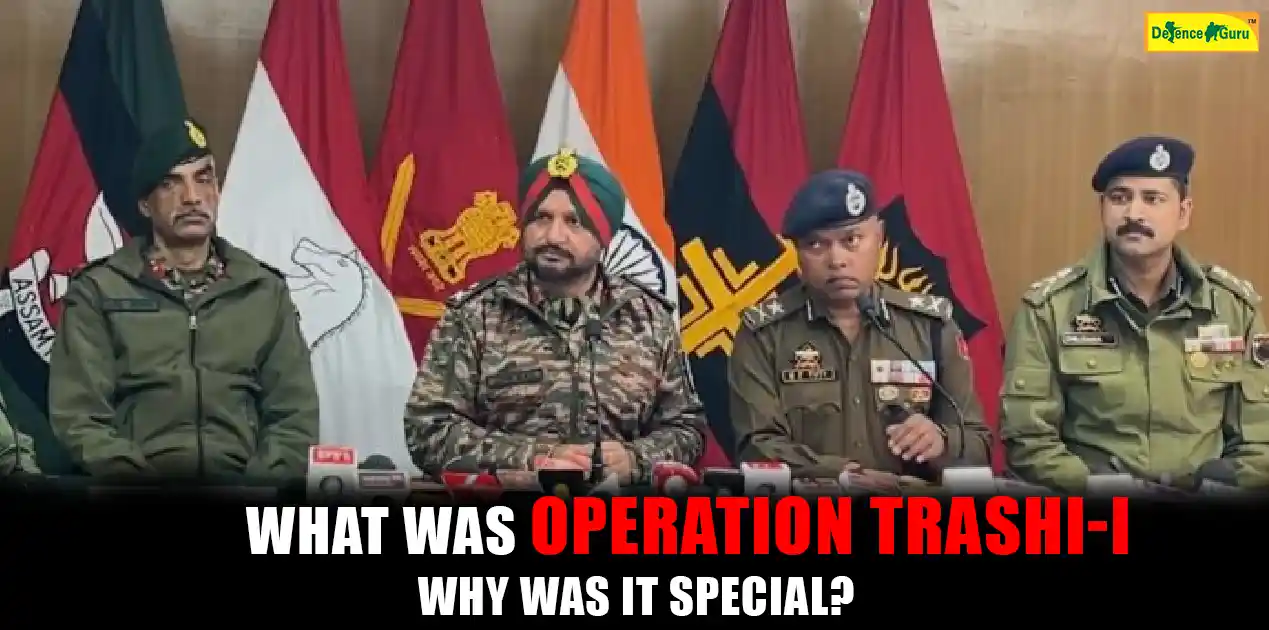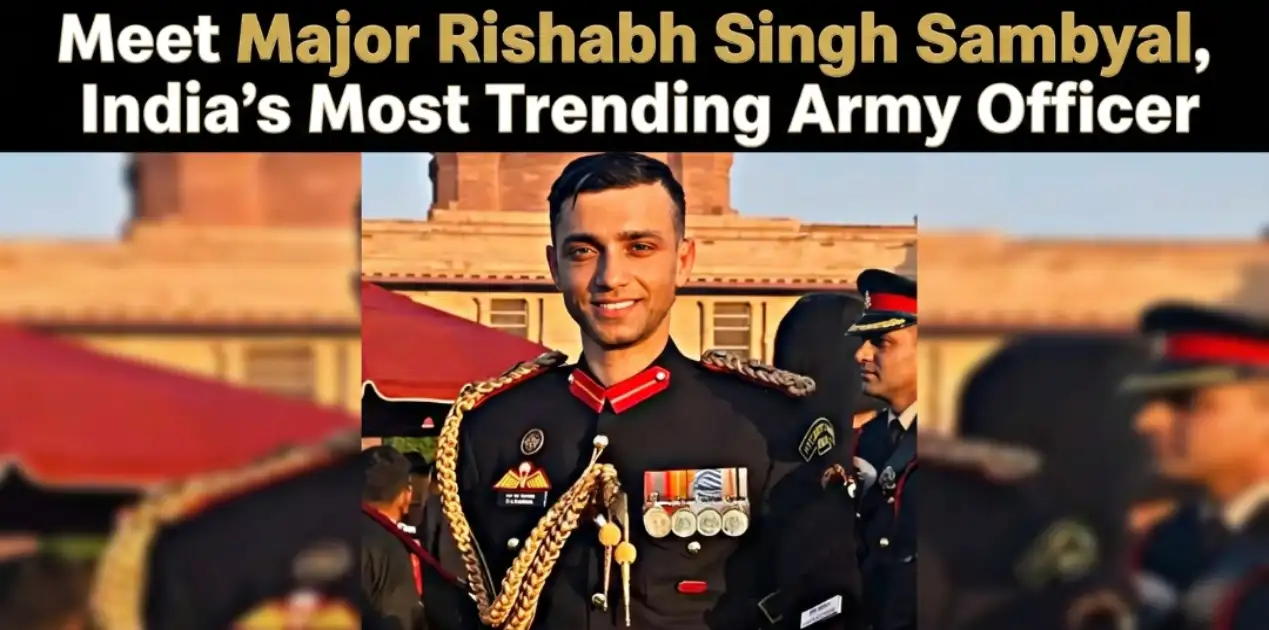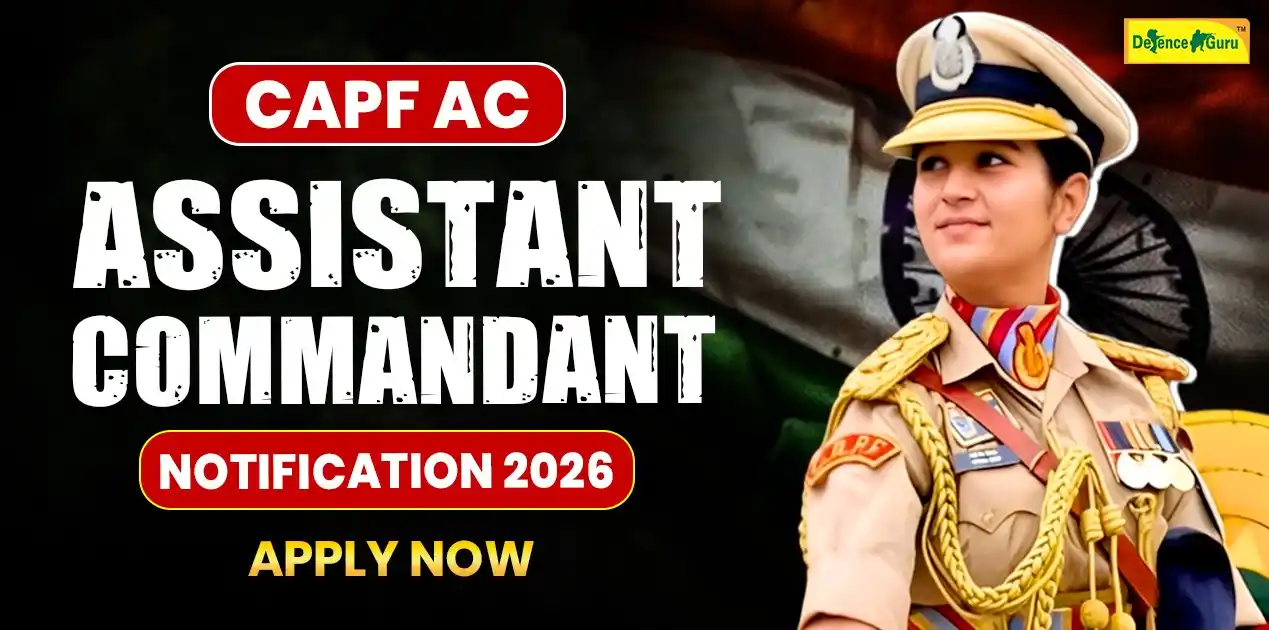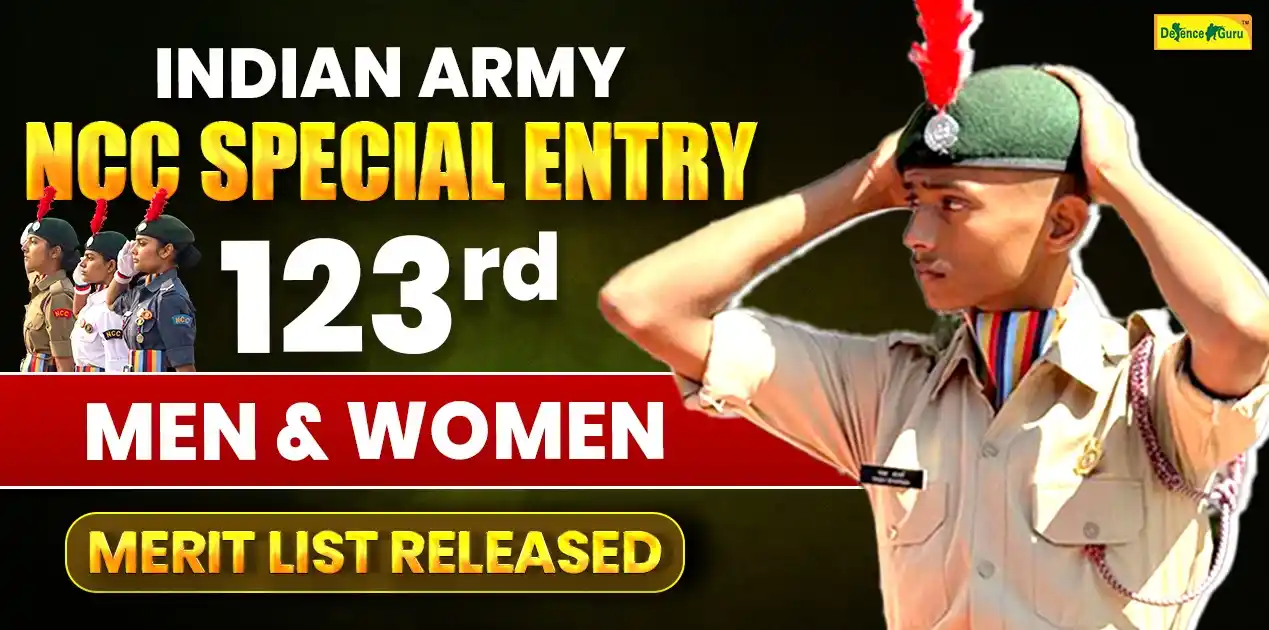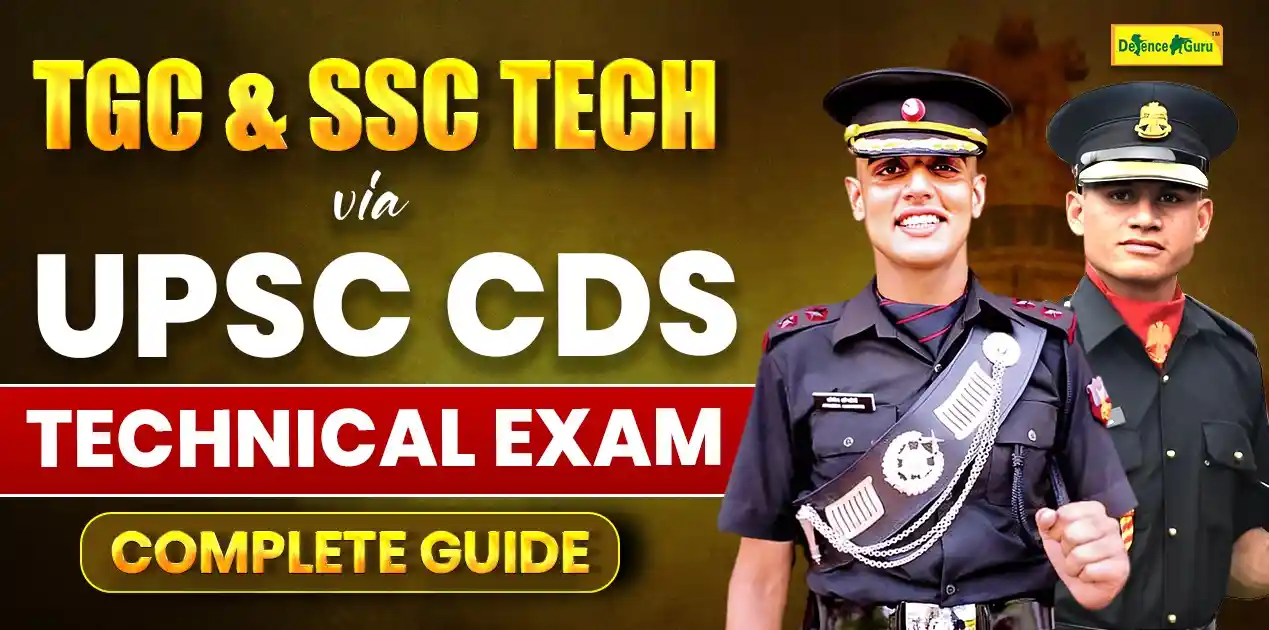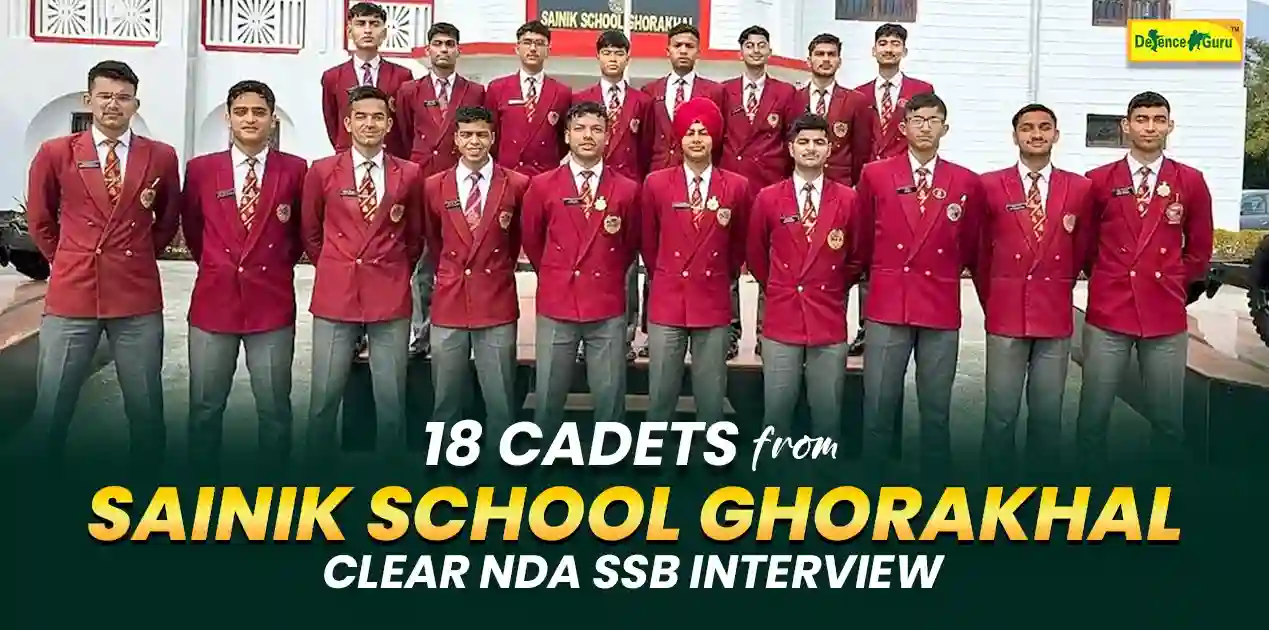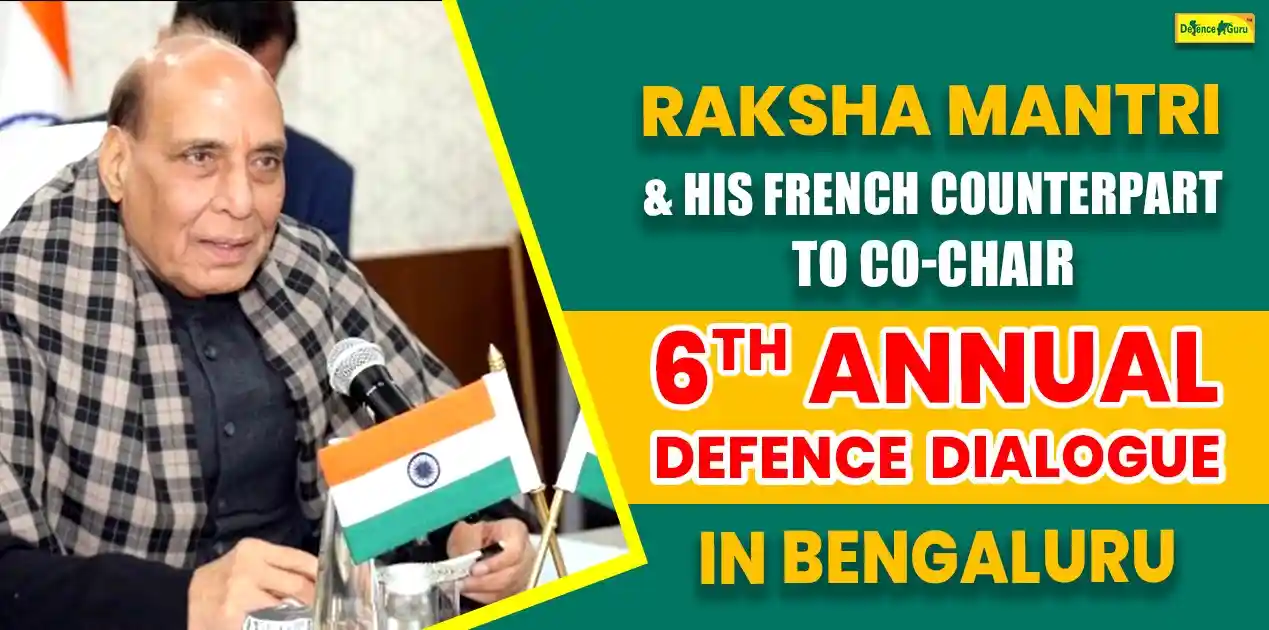The SSB interview is an intense and multi-faceted process aimed at testing the officer-like qualities of defence prospects. Among its most important phases, the psychological test series is one of the most important yet least understood parts. As opposed to conventional written tests, this stage goes deep into your personality, thinking, and unconscious mind.
We are going to demystify the psychological test procedure and give you the top 50 sample questions that are used in the four important tests-
- Thematic Apperception Test (TAT)
- Word Association Test (WAT)
- Situation Reaction Test (SRT)
- Self-Description Test (SDT)
Let’s dive in.
Understanding the Psychological Tests at SSB
Before jumping into the questions, it’s essential to understand what each test seeks:
- TAT (Thematic Apperception Test): You’re shown 12 pictures (including 1 blank slide) and are required to write a story based on what you see. This evaluates your imagination, problem-solving attitude, and leadership qualities.
- WAT (Word Association Test): 60 words are shown for 15 seconds each. You must write the first sentence that comes to your mind. This test captures your thought patterns and spontaneous responses.
- SRT (Situation Reaction Test): You’re given 60 situations and expected to write quick and logical reactions. It judges your presence of mind and problem-solving ability.
- SDT (Self-Description Test): You must write how your parents, friends, teachers, and you perceive yourself. It checks your self-awareness and honesty.
Top 50 Sample Questions for SSB Psychological Tests
✦ THEMATIC APPERCEPTION TEST (TAT) - 10 Sample Picture Prompts
You won’t be shown images here, but based on common TAT images, here are scenarios and questions you may get:
- A boy is seen walking alone in the dark forest.
Question: What is he doing, and why is he alone? - A group of people is seen gathered around a fallen tree.
Question: How does your character help the group? - A soldier is lying wounded on the battlefield.
Question: What will the protagonist do next? - A student appears confused in front of a blackboard.
Question: What situation is he facing, and how will he resolve it? - A man is standing near a river with a bag in his hand.
Question: What is his goal? - A girl is seen taking care of her sick mother.
Question: How does she manage her responsibilities? - A young man is seen talking to villagers in distress.
Question: What is the problem, and what solution does he offer? - A team is climbing a mountain. One member has stopped midway.
Question: How does your character help? - A student is sitting in front of a laptop with books open.
Question: What is his goal, and how is he planning to achieve it? - A man is being chased by a dog.
Question: What happens next, and what is the backstory?
Tip: In TAT, always project your character as a solution-giver who remains calm, composed, and focused on others' welfare as well.
✦ WORD ASSOCIATION TEST (WAT) - 15 Sample Words
You get only 15 seconds per word. Train your mind to give positive, crisp, and meaningful responses.
- Success – Success comes through consistent effort.
- Failure – Failure is a step towards growth.
- Leader – A leader guides others with courage.
- Defeat – Defeat strengthens resolve.
- Nation – Nation comes before self.
- Responsibility – Responsibility builds character.
- Courage – Courage is action in fear.
- Discipline – Discipline shapes success.
- Friendship – True friendship inspires loyalty.
- Death – Brave soldiers embrace death with honour.
- Dream – Dreams give direction to life.
- Change – Change brings opportunity.
- Obey – Obeying seniors builds trust.
- Sacrifice – Sacrifice is the foundation of service.
- Delay – Delay weakens determination.
Tip: Avoid negative or passive responses. Don’t repeat the word itself in the sentence.
✦ SITUATION REACTION TEST (SRT) - 15 Sample Situations
You’ll face 60 SRTs in actual SSB, and the key is to give short, logical, and action-oriented responses. Here are 15 examples:
- You see a road accident while going to your exam.
→ Call for help and ensure emergency services reach the spot, and then proceed with the exam. - Your friend is cheating in the exam.
→ Warn him gently and focus on your own paper. - You are lost in a jungle.
→ Stay calm, follow the sun or the river, and try to find help. - Your bicycle was stolen outside school.
→ Inform school authorities and file a police report. - You see someone drowning.
→ Jump in if trained, else throw a rope or call for help. - Your sister is being harassed in public.
→ Intervene boldly and report to the police. - You miss your train while going for the SSB.
→ Look for the next available train or bus and inform the board. - You failed in an important exam.
→ Analyse mistakes and prepare better for the next attempt. - You see a fire in your neighbour’s house.
→ Raise alarm, help evacuate, and call the fire brigade. - You find a wallet full of cash on the road.
→ Submit it to the nearest police station. - A team member is not cooperating during a task.
→ Talk to him, understand the issue, and motivate him. - Your teacher scolds you for any fault.
→ Stay calm, and later explain your side respectfully. - Your best friend is jealous of your success.
→ Talk openly and try to clear up misunderstandings. - You are wrongly accused of theft.
→ Provide proof of innocence and cooperate with authorities. - You are unable to complete your assignment on time.
→ Request extra time while working sincerely to complete it.
Tip: Never leave a situation unresolved. Show initiative, courage, and responsibility.
✦ SELF-DESCRIPTION TEST (SDT) - 10 Sample Questions
Here you need to write 5 paragraphs in your own handwriting about:
- What do your parents think about you
- What your friends think about you
- What your teachers/employers think about you
- What do you think about yourself
- What kind of person do you want to become
Sample lines:
- Parents’ view: They consider me responsible, obedient, and supportive in family matters.
- Friends’ view: They trust me for honest advice and call me a good listener.
- Teachers’ view: They think I’m sincere, punctual, and always curious to learn.
- Self-opinion: I believe I am hardworking, calm, and determined to improve continuously.
- Future goals: I want to become an Indian Army officer who leads with honour and inspires the youth.
Tip: Be realistic, positive, and avoid exaggeration. Introspect genuinely.
Final Words: SSB Psychology is About Clarity, Positivity, and Consistency
The psychological examinations are not supposed to judge someone for being perfect, but for potential. There is no one who doesn’t have shortcomings, but it’s about how you handle situations, your self-reflection capabilities, and your attitude to learn and serve. Some last-minute tips for preparation-
- Practice writing quickly, legibly, and meaningfully
- Don’t plagiarize other people’s answers; give your own.
- Avoid negativity, contradictions, or emotional instability.
- Be truthful while taking the test- psychologists can easily identify fake answers.
- Practice with mock psychological test series to enhance speed and format.
Remember – your personality is the message. The test is merely the medium.
Wishing you all the best for your SSB journey.
Jai Hind! 🇮🇳

